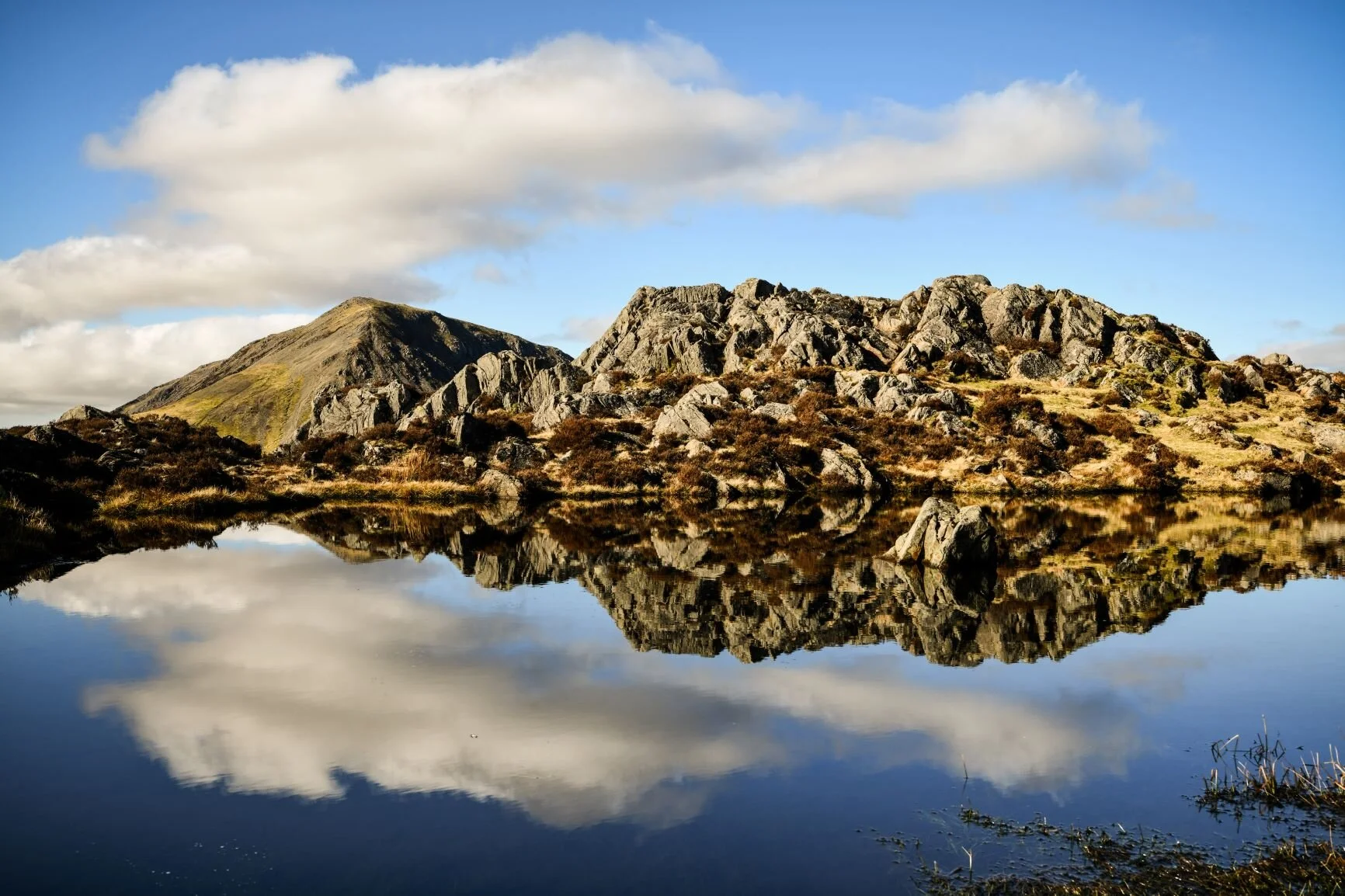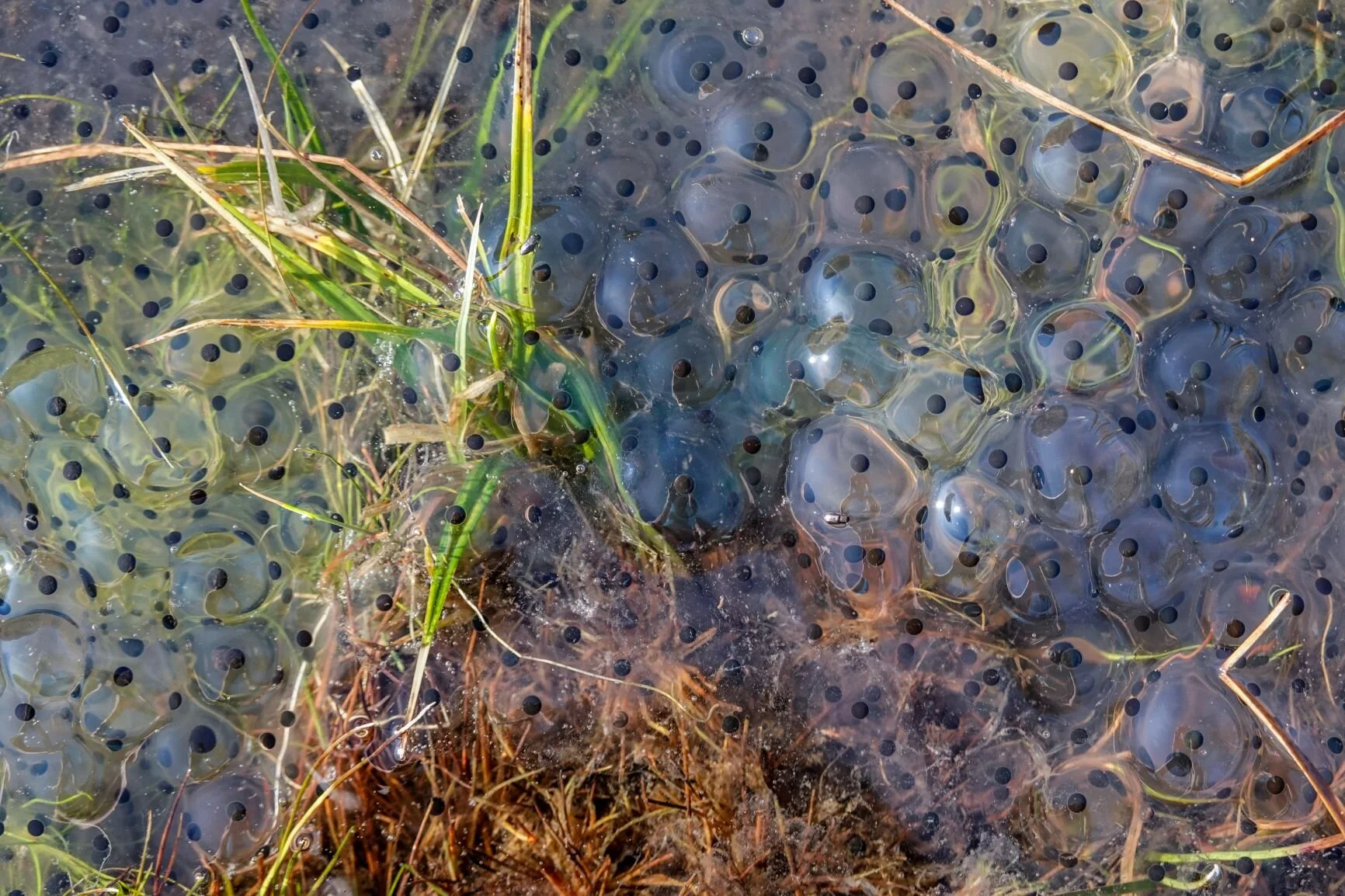
About Scree
The basics…
What?
1. A digital guidebook of experimental hiking routes in the Lake District, for all abilities, from hikers to wheelchair users to fellrunners, with associated ideas for writing & making art. 2. A gallery of the author’s & participants’ work. 3. A booking platform for courses in writing and hiking, & associated events. 4. A platform for fundamentally rethinking our relationship with the Lake District Fells.
Why?
Erosion. Climate change. Overcrowding. Littering. Intensive farming. Pollution. Species loss & degradation. Energy & resource extraction. Inequality. Hardly words you’d expect to associate with the most loved of landscapes. Yet our attempts to protect the Lake District consistently fall short…& Scree argues that it will keep falling short, until we entirely rethink the basis of our relationship with the fells.
When?
Scree is in-development during 2021, with new routes & art being added throughout the year, ready to launch at Kendal Mountain Festival in November 2021. The website will be revised during the winter, to be made publicly available again in Spring 2022, when an exhibition of the project will open through the National Trust at Wordsworth House, Cockermouth, and a series of public hiking & writing labs (courses) will be held.
Where?
The routes in Scree will cover the breadth of the Lake District National Park, with an initial focus on the Northern & Western fells closer to my home. However, in light of ongoing Covid restrictions, & the associated renaissance of ‘walks-from-home’, & also to extend the project’s reach, each route also includes suggestions for how to adapt it for your local walking area (urban or rural) plus virtual exercises to enjoy from the comfort of your armchair using photos, video & sound.
Who?
Scree is the work of Cockermouth based writer, artist & mountain leader Lucy Burnett (me!), but the key participants are all of you, because which good experiment proceeded from a sample of one! Scree is supported by the Arts Council & the Lake District National Park Authority, and delivered in partnership with the British Mountaineering Council, Kendal Mountain Festival, Kirkgate Arts & Heritage and the National Trust at Wordsworth House.
How?
Participation is key to Scree’s success, & there are a wide range of ways in which you can take part, with the aim of providing something for everyone. Completing the routes (hiking, running, wheeling or sitting still). Writing or making art in response. Submitting work to be published here. Enjoying Lucy’s work - either at home or on location in the fells - and following her adventures on the blog & social media. Or attending a writing course, the exhibition & associated events.
The impetus…
Spring 2020. Despite lockdown restrictions, or perhaps because of them, we began allowing ourselves to wonder if a different kind of world was possible. A slower one, with more time, less stress & where a walk was the best part of every day. But as lockdown began to ease that summer, people descended in huge numbers to places such as the Lake District, where we offloaded our collective grief onto the landscape in the form of littering and other social and environmental issues. Meanwhile, records tumbled as fellrunners and other outdoor enthusiasts sought to go further and faster than we have ever gone before, and honeypot locations struggled with overcrowding…
It certainly isn’t my place to criticise people’s wish to come to the Lake District when they finally could - of course they’d want to, after a lockdown confined to city streets (or indeed apartments)! Yet sometimes it really does feel like we’ll never learn, let alone change.
How many different projects, and designations and organisations have set out to protect this landscape, arguably with very little to show? Yet perhaps this is inevitable so long as we think about our relationship with landscapes such as the Lake District in the same old ways. Scree suggests that little will change until we stop considering ourselves as somehow separate from a nature which we proceed to consume, not only in the form of food and fuel, but also through the taking of recreation, solace and inspiration. Our attempts to conserve the landscape will always struggle to gain a foothold while we continue with a mindset which pits us as separate from the fells, and indeed frequently pitted up against them in ways that demonstrate yet more of the target-driven thinking that dominates our culture (and which we claim to try and escape!)
In place of the form of environmental thinking that proposes that we curate this landscape, to protect it from further harm, Scree proposes we explore how we all participate in creating it, and to ask what this process of creation makes of us.
For a more personal account of the impetus behind Scree, see the blog piece entitled Chocolate Orange Drizzle Cake here.
The theory
While wary of providing answers to experiments which haven’t yet started, Scree does set out from various ideas which aim at least to provide a starting point . Academic esearch has abounded in recent years which seeks to negotiate a new understanding of our relationship with ‘nature’ that is far more entangled and interdependent than we have previously assumed (reaching right back in the work of Rene Descartes in the early 17th century). Scree draws upon the author’s own academic research in this area, and a wide range of theorists including Timothy Morton, Bruno Latour, Donna Haraway and Jane Bennet, and most of all quantum physicist cum cultural theorist Karen Barad.
For Barad, far from the world consisting of separate categories such as nature and culture, living and nonliving, instead the world is fundamentally entangled in its process of creation. According to her model of the world, we aren’t just interdependent with other beings and things through our relationships with them, but we emerge through the relationship (ie the entanglement comes before us, and we don’t pre-exist it). The world and us are therefore in a constant process of emergence, dissolution and re-emergence with and from each other.
Applying this to the current context: rather than us being separate from the fells, we co-emerge together (we are partly mountain, and the mountain is partly us), in a state which can only ever be temporary, and is subject to constant change.
The appeal of this perspective is threefold: (1) it means that the fundamental characteristic of the world is change; (2) this in turn provides hope that things really could turn out differently, which is a far more enabling emotion than despair; and (3) since what is at stake is creation, then art and writing have key roles to play in helping us rethink what world we want to make, and what this will make of us in the process.
“Data experience of a radically new kind…‘It’ felt, or looked, like a great tumbling of scree down an endless slope. Or rubble gathering at the bottom and falling up the mountain. Forwards, backwards.”
— Adam Roberts, The Thing Itself
